Home>Garden Essentials>What Do Flax Seeds Taste Like
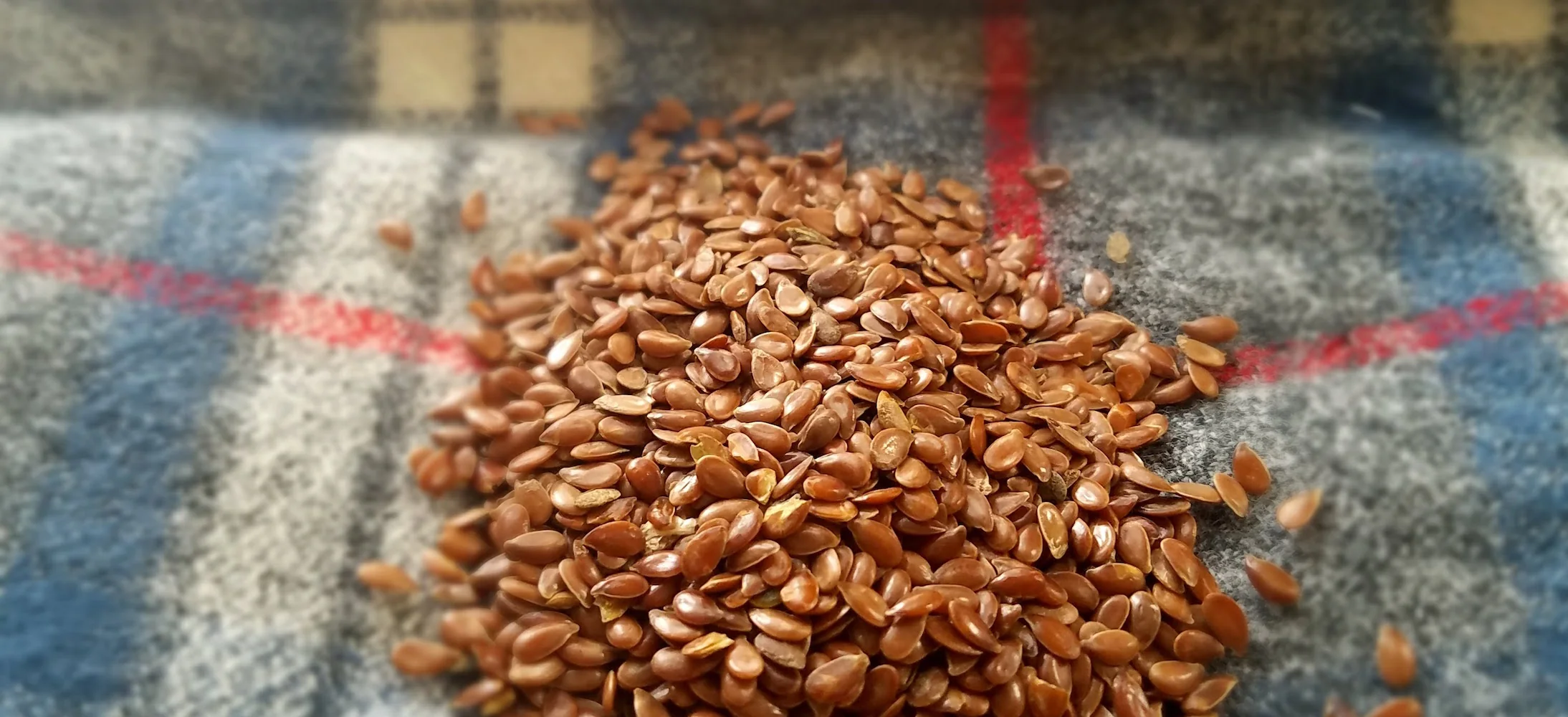

Garden Essentials
What Do Flax Seeds Taste Like
Modified: August 17, 2024
Discover the delightful taste of garden-fresh flax seeds and add a nourishing touch to your meals. Explore the unique flavor of these versatile seeds today!
(Many of the links in this article redirect to a specific reviewed product. Your purchase of these products through affiliate links helps to generate commission for Storables.com, at no extra cost. Learn more)
Introduction
Flax seeds, also known as linseeds, have been consumed for thousands of years and are renowned for their numerous health benefits. These tiny, brown or golden seeds are packed with essential nutrients and are a popular ingredient in the kitchen. But what do flax seeds actually taste like? Let’s dive in and explore the flavor profile of these versatile seeds.
Flax seeds have a mild, nutty flavor that is often described as earthy and slightly sweet. The taste can vary depending on whether you are using whole or ground flax seeds. Whole flax seeds have a crunchy texture when bitten into, while ground flax seeds have a smoother, almost powdery consistency. Both variations offer a delicious, toasty note that adds depth to a variety of dishes.
It’s important to note that the taste of flax seeds is not overpowering, making them a versatile ingredient that can easily be incorporated into various recipes. Whether you’re adding them to baked goods, smoothies, or savory dishes, flax seeds enhance the overall flavor without dominating the taste profile.
In addition to their pleasant taste, flax seeds are also an excellent source of nutrition. They are rich in omega-3 fatty acids, which play a vital role in promoting heart health and reducing inflammation in the body. Flax seeds are also packed with fiber, which aids in digestion and helps maintain a healthy gut. Furthermore, they are a great plant-based source of protein, making them a valuable addition to vegetarian and vegan diets.
Flax seeds have been around for thousands of years, with evidence of their consumption dating back to ancient civilizations. They were a staple food in ancient Egypt and were also highly regarded in traditional Indian Ayurvedic medicine. Over time, their popularity has continued to grow due to their exceptional nutritional value and potential health benefits.
Now that we have a basic understanding of what flax seeds taste like and their historical significance, let’s delve deeper into their nutritional profile and explore the myriad of culinary uses of flax seeds, as well as the incredible health benefits they offer. Get ready to discover exciting ways to incorporate these mighty seeds into your diet and reap their many rewards.
Key Takeaways:
- Flax seeds have a mild, nutty flavor and can be used in a variety of dishes without overpowering the taste. They are rich in omega-3 fatty acids, fiber, and protein, making them a valuable addition to vegetarian and vegan diets.
- Ground flax seeds are easier for the body to digest and absorb, unlocking their full nutritional benefits. They can be incorporated into meals by sprinkling them on top, using them as an egg substitute in baking, or adding them to smoothies for a nutritious boost.
Read more: What Do Nigella Seeds Taste Like
History of Flax Seeds
Flax seeds have a rich history, dating back thousands of years. They were cultivated by ancient civilizations such as the Egyptians and Greeks, who recognized the versatile nature of these tiny seeds. In fact, flax seeds were so highly regarded in ancient Egypt that they were even considered a symbol of divine purity.
The Egyptians used flax seeds not only for their nutritional benefits but also for their practical uses. The fibers of the flax plant were used to create textiles, including linen, which was highly valued in ancient times. To this day, flax is still cultivated for its fiber production.
In addition to their practical uses, flax seeds held a prominent place in traditional medicine. Ancient Greek physician Hippocrates, often referred to as the father of medicine, recognized the healing properties of flax seeds. He prescribed flax seed preparations for various ailments, including digestive disorders and skin conditions.
Flax seeds have also been a part of Indian culture for centuries. In Ayurvedic medicine, flax seeds were valued for their cooling properties and were used to balance excess heat in the body. They were believed to aid digestion, promote healthy skin, and improve overall well-being.
As time went on, the cultivation and consumption of flax seeds spread across the globe. European settlers brought flax to North America, where it continued to be an important crop. In recent times, flax seeds have gained popularity due to their exceptional nutritional profile and numerous health benefits.
Today, flax seeds are commercially grown in several countries, with Canada being one of the largest producers. They are cultivated for both their oil and their seeds, which are used in a wide range of culinary applications.
Flax seeds have truly stood the test of time. From their early use by ancient civilizations to their continued cultivation worldwide, these seeds have proven to be a valuable and versatile resource. They have been treasured not only for their nutritional value but also for their practical uses in textiles and their place in traditional medicine.
In the next section, we will explore the nutritional profile of flax seeds, highlighting the many nutrients that make them a powerhouse of goodness.
Nutritional Profile of Flax Seeds
Flax seeds are small but mighty when it comes to their nutritional value. Packed with essential nutrients, these tiny seeds offer a wide range of health benefits. Let’s take a closer look at the nutritional profile of flax seeds.
One of the key nutritional components of flax seeds is their high content of omega-3 fatty acids. These essential fats are known for their anti-inflammatory properties and are crucial for maintaining heart health. Flax seeds are one of the richest plant-based sources of omega-3 fatty acids, making them an excellent choice for those following a vegetarian or vegan diet.
Flax seeds are also a great source of fiber. Just two tablespoons of flax seeds contain about six grams of fiber, which is roughly 20% of the recommended daily intake. Fiber is essential for digestive health, promoting regular bowel movements, and helping to prevent constipation. It also contributes to a feeling of fullness, making it beneficial for weight management.
Furthermore, flax seeds are a good source of protein, making them an excellent addition to vegetarian and vegan diets. Protein is crucial for building and repairing tissues, supporting immune function, and maintaining overall health.
Flax seeds are rich in vitamins and minerals. They are a good source of magnesium, which plays a role in hundreds of enzymatic reactions in the body, including energy production and maintaining normal muscle and nerve function. Flax seeds also provide a significant amount of zinc, which is essential for immune function, wound healing, and DNA synthesis.
In addition to these nutrients, flax seeds are also abundant in antioxidants. Antioxidants help to protect the body against harmful free radicals, which can damage cells and contribute to the development of chronic diseases. The antioxidants found in flax seeds, such as lignans, have been linked to a reduced risk of certain cancers, cardiovascular disease, and hormonal imbalances.
It is worth mentioning that flax seeds are also low in carbohydrates and cholesterol-free, making them a suitable choice for those following a low-carb or heart-healthy diet.
To reap the full nutritional benefits of flax seeds, it is recommended to consume them in their ground form. Grinding flax seeds helps to unlock their nutrients and makes them easier for the body to digest and absorb.
Now that we have explored the impressive nutritional profile of flax seeds, let’s delve into the various culinary uses of these versatile seeds and discover exciting ways to incorporate them into your diet for maximum health benefits.
Culinary Uses of Flax Seeds
Flax seeds are incredibly versatile and can be incorporated into a wide range of culinary creations. Whether you’re baking, cooking, or preparing beverages, these tiny seeds add a nutritional boost and a pleasant nutty flavor to your dishes. Let’s explore some of the delicious ways you can use flax seeds in your kitchen.
One of the easiest ways to enjoy flax seeds is to sprinkle them on top of your favorite foods. Whether it’s yogurt, oatmeal, salads, or even roasted vegetables, a sprinkle of flax seeds adds a pleasant crunch and enhances the overall taste.
Flax seeds can also be used as an egg substitute in baking. Simply mix one tablespoon of ground flax seeds with three tablespoons of water and let it sit for a few minutes until it forms a gel-like consistency. This flaxseed “egg” can be used in place of eggs in recipes for pancakes, muffins, cookies, and more. It not only adds moisture but also boosts the nutritional value of your baked goods.
Another popular way to incorporate flax seeds into your diet is by making homemade flaxseed meal. Simply grind whole flax seeds in a coffee grinder or blender until they form a fine powder. You can use the flaxseed meal as a replacement for traditional flour in recipes like pancakes, bread, and muffins. It adds a nutty flavor and a tender texture while increasing the fiber and nutrient content of your baked goods.
Flax seeds can also be used to make a nutritious and delicious flaxseed oil. Cold-pressed flaxseed oil is a great source of omega-3 fatty acids and can be used as a dressing for salads or drizzled over cooked vegetables. It’s important to note that flaxseed oil should not be used for cooking or high-heat applications, as heat can destroy its beneficial properties.
For those who enjoy a refreshing beverage, flax seeds can be added to smoothies or homemade juices. Just toss a tablespoon of ground flax seeds into your blender along with your favorite fruits and veggies, and blend until smooth. Flax seeds add a subtle nutty taste and provide an extra nutritional boost to your drinks.
If you’re feeling adventurous, you can even experiment with incorporating flax seeds into savory dishes. They can be used as a coating for baked chicken or fish, added to homemade veggie burgers, or sprinkled on top of stir-fries for added texture and flavor.
When using flax seeds in your recipes, it’s important to store them properly to maintain their freshness. Whole flax seeds can be stored in an airtight container in a cool, dark place for up to a year, while ground flax seeds should be kept in the refrigerator or freezer to prevent them from going rancid.
Now that you have a variety of culinary ideas for using flax seeds, let’s explore the incredible health benefits that these tiny seeds offer.
Health Benefits of Flax Seeds
Flax seeds are not only delicious but also offer a wide range of health benefits. Packed with essential nutrients, these tiny seeds can play a significant role in promoting overall well-being. Let’s explore some of the incredible health benefits of flax seeds.
One of the standout benefits of flax seeds is their high content of omega-3 fatty acids. These essential fats have been shown to have numerous health benefits, particularly in supporting heart health. Omega-3s help to reduce inflammation, lower blood pressure, and improve cholesterol levels. Adding flax seeds to your diet can contribute to a healthy heart and reduce the risk of cardiovascular diseases.
Flax seeds are also a great source of dietary fiber. Just two tablespoons of flax seeds provide about six grams of fiber, supporting digestive health and regular bowel movements. Fiber aids in maintaining a healthy weight, managing blood sugar levels, and reducing the risk of chronic conditions such as diabetes and colon cancer.
In addition to their fiber content, flax seeds are known for their lignan content. Lignans are unique plant compounds that have antioxidant and estrogen-like properties. Research suggests that lignans may help reduce the risk of certain types of cancer, such as breast, prostate, and colon cancers. They also have potential benefits in managing hormonal imbalances and symptoms of menopause.
Flax seeds are a great addition to a balanced diet for weight management. The combination of fiber, protein, and healthy fats in flax seeds helps to increase satiety and reduce cravings, ultimately supporting healthy weight loss or maintenance. Including flax seeds in your meals can help you stay satisfied for longer and prevent overeating.
For those following a plant-based diet, flax seeds are a valuable source of essential nutrients. They contain a decent amount of protein, making them an excellent alternative to animal-based protein sources. Protein is crucial for building and repairing tissues, supporting muscle health, and maintaining a strong immune system.
Flax seeds also have potential benefits for improving digestive health. The fiber in flax seeds acts as a prebiotic, promoting the growth of beneficial bacteria in the gut. This can help improve gut health, enhance nutrient absorption, and support a healthy microbiome.
Incorporating flax seeds into your diet may have overall benefits for skin health. The omega-3 fatty acids present in flax seeds help to promote healthy skin cell function, maintain moisture and elasticity, and reduce inflammation associated with various skin issues, such as acne, eczema, and psoriasis.
It’s important to note that while flax seeds offer numerous health benefits, they should not be considered a magical solution. It’s always best to incorporate flax seeds into a well-balanced diet that includes a variety of whole foods to achieve optimal health.
Now that we understand the health benefits of flax seeds, let’s move on to explore how you can easily incorporate these nutritious seeds into your daily diet.
Flax seeds have a nutty and slightly earthy flavor. They are often described as having a mild, pleasant taste. Try adding them to smoothies, yogurt, or baked goods for a healthy boost!
Read more: What Do Fennel Seeds Taste Like
How to Incorporate Flax Seeds into Your Diet
Incorporating flax seeds into your diet is a simple and delicious way to reap their numerous health benefits. These tiny seeds can be easily incorporated into a variety of meals and snacks. Here are some tips on how to add flax seeds to your daily diet.
One of the easiest ways to include flax seeds in your diet is by sprinkling them on top of your meals. You can add a spoonful of whole or ground flax seeds to your morning cereal, yogurt, or oatmeal for a nutritional boost. They also go well when sprinkled on top of salads, roasted vegetables, or even added to your favorite sandwich or wrap.
Another popular option is to incorporate flax seeds into your baked goods. You can replace a portion of the flour in your recipes with ground flaxseed meal to increase the fiber and nutrient content of your bread, muffins, pancakes, and cookies. Remember to adjust the liquid ingredients slightly to compensate for the added fiber.
Flax seeds can be used as an egg substitute in vegan baking recipes. Simply mix one tablespoon of ground flax seeds with three tablespoons of water and let it sit for a few minutes until it forms a sticky gel. This flaxseed “egg” can be used as a binding agent in recipes that call for eggs. It works particularly well in recipes like veggie burgers, meatballs, and energy bars.
If you enjoy making smoothies or homemade juices, flax seeds can be a great addition. Blend a tablespoon of ground flax seeds with your favorite fruits, vegetables, and liquid of choice to create a nutritious and filling smoothie. The flax seeds will add a subtle nutty flavor and provide extra fiber and omega-3 fatty acids.
Flaxseed oil is another option for incorporating flax seeds into your diet. It can be used as a dressing for salads, drizzled over cooked vegetables, or added to sauces and marinades. Just keep in mind that flaxseed oil should not be used for cooking or high-heat applications, as it has a low smoke point.
To maximize the nutritional benefits of flax seeds, it’s best to consume them in their ground form. Whole flax seeds can pass through the digestive system without being fully digested, which means you may not absorb all the nutrients they offer. Grinding flax seeds allows your body to access the nutrients more efficiently.
Remember to store flax seeds in an airtight container in a cool, dark place to maintain their freshness. If you grind flax seeds in advance, store the ground flaxseed meal in the refrigerator or freezer to prevent it from going rancid.
As with any new addition to your diet, it’s important to start gradually when incorporating flax seeds. Begin with small amounts, such as one or two tablespoons per day, and gradually increase the quantity. This allows your body to adjust and prevents any digestive discomfort.
By incorporating flax seeds into your daily diet, you can enjoy their nutty flavor while reaping the numerous health benefits they offer. Now, let’s explore some delicious flax seed recipes that you can try at home.
Flax Seed Recipes
Flax seeds are a versatile ingredient that can be incorporated into a wide range of recipes, from breakfast to dinner and everything in between. Here are a few delicious flax seed recipes to inspire you in the kitchen.
1. Flaxseed Banana Bread:
Add a nutritional twist to your favorite banana bread recipe by incorporating flax seeds. Simply replace a portion of the flour with ground flaxseed meal and proceed with the rest of the recipe as usual. This will add a nutty flavor and make your banana bread more fiber-rich and nutrient-packed.
2. Flaxseed Overnight Oats:
For a quick and healthy breakfast, prepare overnight oats with a flaxseed twist. Combine rolled oats, your choice of milk, a tablespoon of ground flax seeds, and your favorite toppings such as berries, nuts, or honey. Let it sit in the fridge overnight, and wake up to a delicious and nutritious morning meal.
3. Flaxseed Crusted Chicken or Fish:
Give your favorite protein a healthy and flavorful makeover by coating it with a flaxseed crust. Dip chicken breast fillets or fish fillets in whisked egg, then press them into a mixture of ground flax seeds, herbs, and spices. Pan fry or bake until golden and crispy for a delicious and nutritious main course.
4. Flaxseed Energy Balls:
These no-bake energy balls are the perfect snack to keep you fueled throughout the day. In a food processor, blend dates, almonds, peanut butter, a sprinkle of ground flax seeds, and a touch of honey or maple syrup until a sticky mixture is formed. Roll into bite-sized balls and refrigerate until firm.
5. Flaxseed Smoothie:
Kick-start your day with a refreshing and nutritious flaxseed smoothie. In a blender, combine your choice of fruits, such as banana, berries, or mango, with a handful of spinach or kale, a tablespoon of ground flax seeds, and a liquid of your choice, such as almond milk or coconut water. Blend until smooth and enjoy.
6. Flaxseed Yogurt Parfait:
Layer Greek yogurt, your favorite fruits, a sprinkle of ground flax seeds, and a drizzle of honey in a glass or bowl to create a nutritious and satisfying yogurt parfait. It’s a great way to add extra fiber and omega-3s to your morning routine.
7. Flaxseed Salad Dressing:
Whisk together ground flaxseed meal, olive oil, lemon juice, Dijon mustard, honey, and your choice of herbs and spices to create a delicious homemade salad dressing. Drizzle it over your favorite salads for added flavor, nutrients, and a healthy dose of omega-3 fatty acids.
These recipes are just a starting point, and you can get creative and experiment with different dishes to incorporate flax seeds. Whether sweet or savory, flax seeds add a delightful nutty flavor and a nutritional boost to your meals. Enjoy exploring the endless possibilities!
Frequently Asked Questions about Flax Seeds
Flax seeds may seem small, but they often raise big questions. Here are some frequently asked questions about flax seeds and answers to help you better understand this nutritious superfood.
1. What is the difference between whole flax seeds and ground flax seeds?
Whole flax seeds are the entire seed, while ground flax seeds are the seeds that have been finely crushed or processed into a powder. Ground flax seeds are easier to digest and absorb, allowing your body to access the nutrients more readily. Whole flax seeds have a longer shelf life than ground flax seeds.
2. How should flax seeds be stored?
To maintain their freshness, store flax seeds in an airtight container in a cool, dark place, such as a pantry or cupboard. Whole flax seeds can last up to a year, while ground flax seeds should be stored in the refrigerator or freezer to prevent them from going rancid.
3. Can flax seeds be consumed raw?
Yes, flax seeds can be consumed raw. However, it is recommended to consume ground flax seeds as they are easier to digest and allow for better nutrient absorption. Grinding flax seeds also enhances their flavor and texture when used in recipes.
4. Can flax seeds help with weight loss?
Flax seeds may aid in weight loss due to their high fiber and protein content. The combination of fiber and protein helps to increase satiety and reduce cravings, ultimately contributing to better appetite control. However, it’s important to incorporate flax seeds into a balanced diet and an overall healthy lifestyle for effective weight management.
5. Can flax seeds replace eggs in recipes?
Yes, flax seeds can be used as an egg substitute in recipes. To replace one egg, mix one tablespoon of ground flax seeds with three tablespoons of water and let it sit for a few minutes until it forms a gel-like consistency. This flaxseed “egg” can be used in baking recipes as a binding agent.
6. Can flax seeds be cooked?
Flax seeds can be used in cooked dishes; however, it’s important to note that heat can destroy some of the beneficial properties of flax oil. It’s best to use flax seeds in recipes that require low heat or no heat at all, such as sprinkling them on top of cooked dishes or adding them to smoothies, yogurt, or salads.
7. Are there any potential side effects of consuming flax seeds?
In general, flax seeds are safe to consume, but excessive consumption may lead to digestive discomfort, such as bloating or gas, due to their high fiber content. It’s recommended to start with small amounts and gradually increase your intake. Additionally, if you have any underlying medical conditions or are taking medication, it’s advisable to consult with a healthcare professional before adding flax seeds to your diet.
Flax seeds are a nutrient-dense superfood known for their health benefits and versatility. By understanding how to store, prepare, and incorporate flax seeds into your diet, you can make the most of their nutritional value and enjoy the numerous advantages they offer.
Conclusion
Flax seeds are a true powerhouse when it comes to nutrition and versatility. These tiny seeds offer a wide range of health benefits, including being a rich source of omega-3 fatty acids, dietary fiber, protein, and antioxidants. From promoting heart health to aiding in digestion and supporting weight management, flax seeds have proven to be a valuable addition to a balanced diet.
Not only do flax seeds offer impressive nutritional value, but they also bring a delightful nutty flavor to a variety of dishes. Whether you sprinkle them on top of your breakfast, incorporate them into your baked goods, or add them to your smoothies, flax seeds enhance the taste and texture, making your meals more satisfying.
The history of flax seeds dates back thousands of years, with ancient civilizations recognizing their various uses, including dietary and medicinal. Over time, their popularity has continued to grow as more people discover their exceptional nutritional profile and potential health benefits.
Incorporating flax seeds into your diet can be as simple as sprinkling them on your meals or using them as an egg substitute in your baking recipes. Ground flax seeds provide better nutrient absorption, while whole flax seeds have a longer shelf life.
It’s important to store flax seeds properly to maintain their freshness. Whole flax seeds can be stored in a cool, dark place, while ground flax seeds should be kept in the refrigerator or freezer.
While flax seeds offer numerous health benefits, it’s important to remember that they are not a magical solution on their own. It’s best to incorporate flax seeds into a well-balanced diet that includes a variety of whole foods to achieve optimal health.
As with any dietary change, it’s always a good idea to consult with a healthcare professional before adding flax seeds to your diet, especially if you have any underlying medical conditions or are taking medication.
In conclusion, flax seeds are not only a nutritious superfood but also a delicious and versatile ingredient that can enhance your culinary experience. By incorporating flax seeds into your daily diet, you can enjoy their unique flavor and reap the many health benefits they provide. So go ahead, explore the possibilities, and let flax seeds become a staple in your kitchen for a healthier and more flavorful lifestyle.
Frequently Asked Questions about What Do Flax Seeds Taste Like
Was this page helpful?
At Storables.com, we guarantee accurate and reliable information. Our content, validated by Expert Board Contributors, is crafted following stringent Editorial Policies. We're committed to providing you with well-researched, expert-backed insights for all your informational needs.
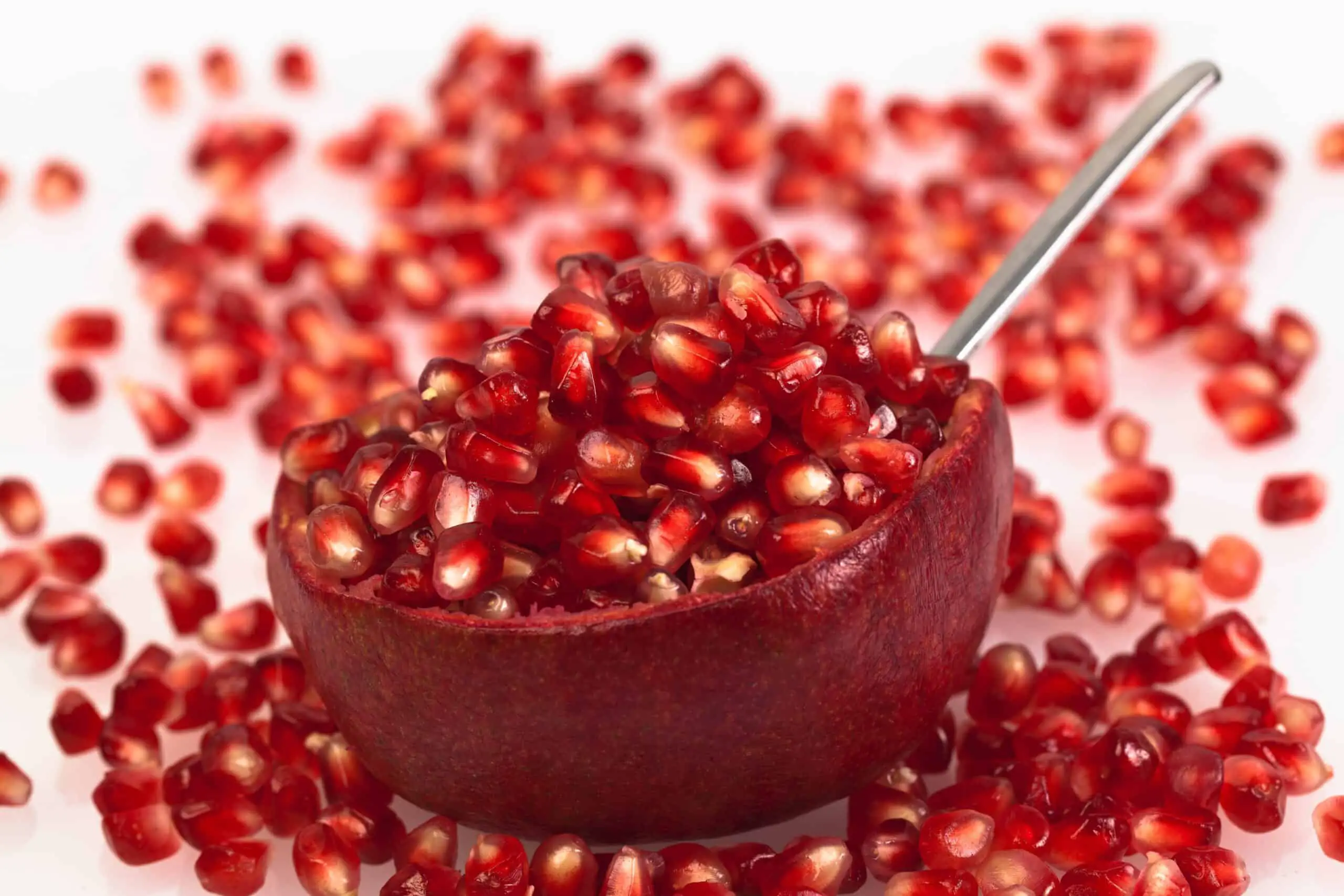
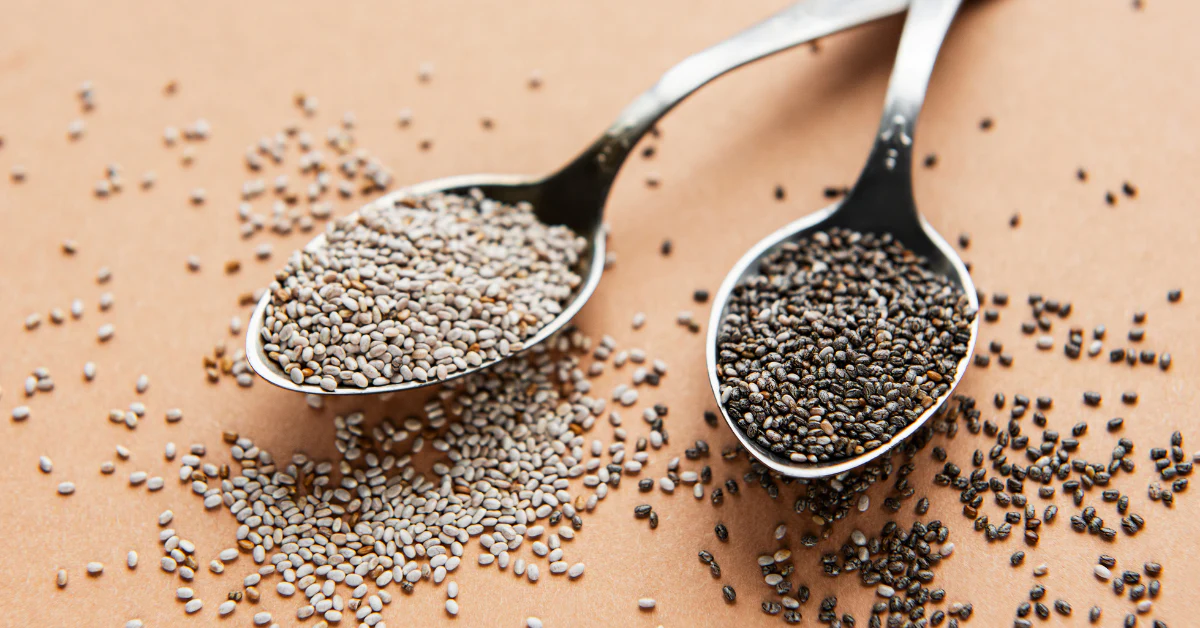
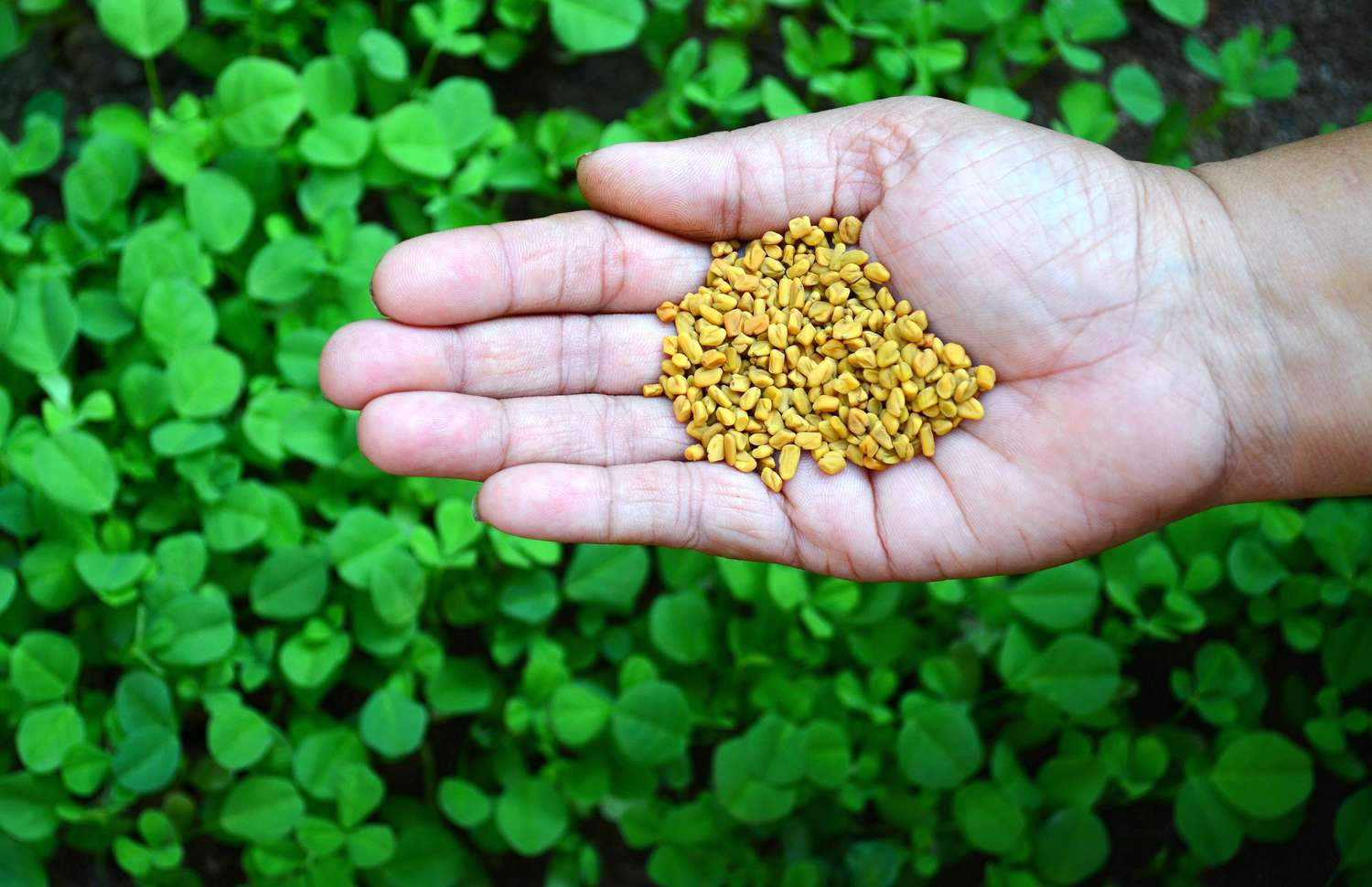
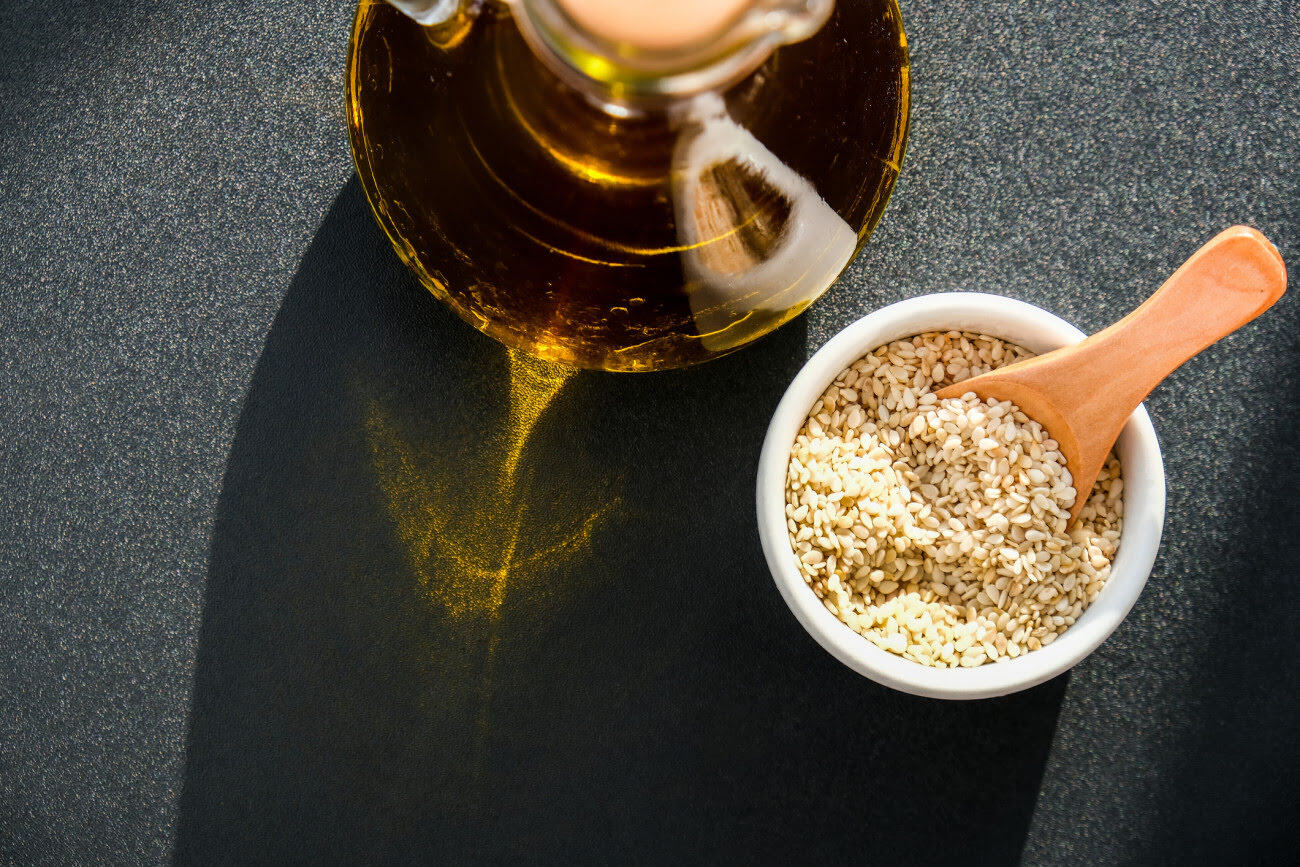
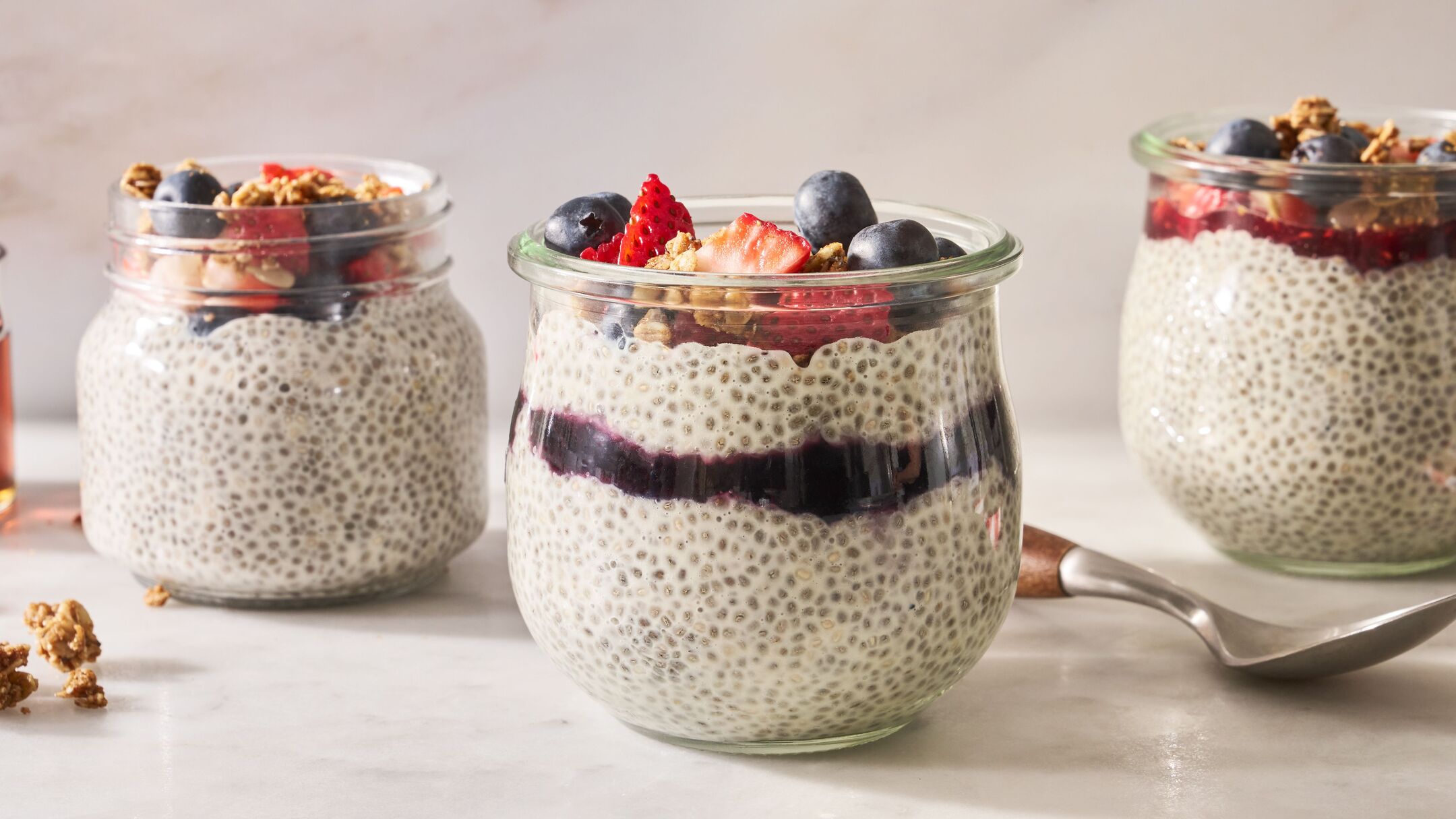
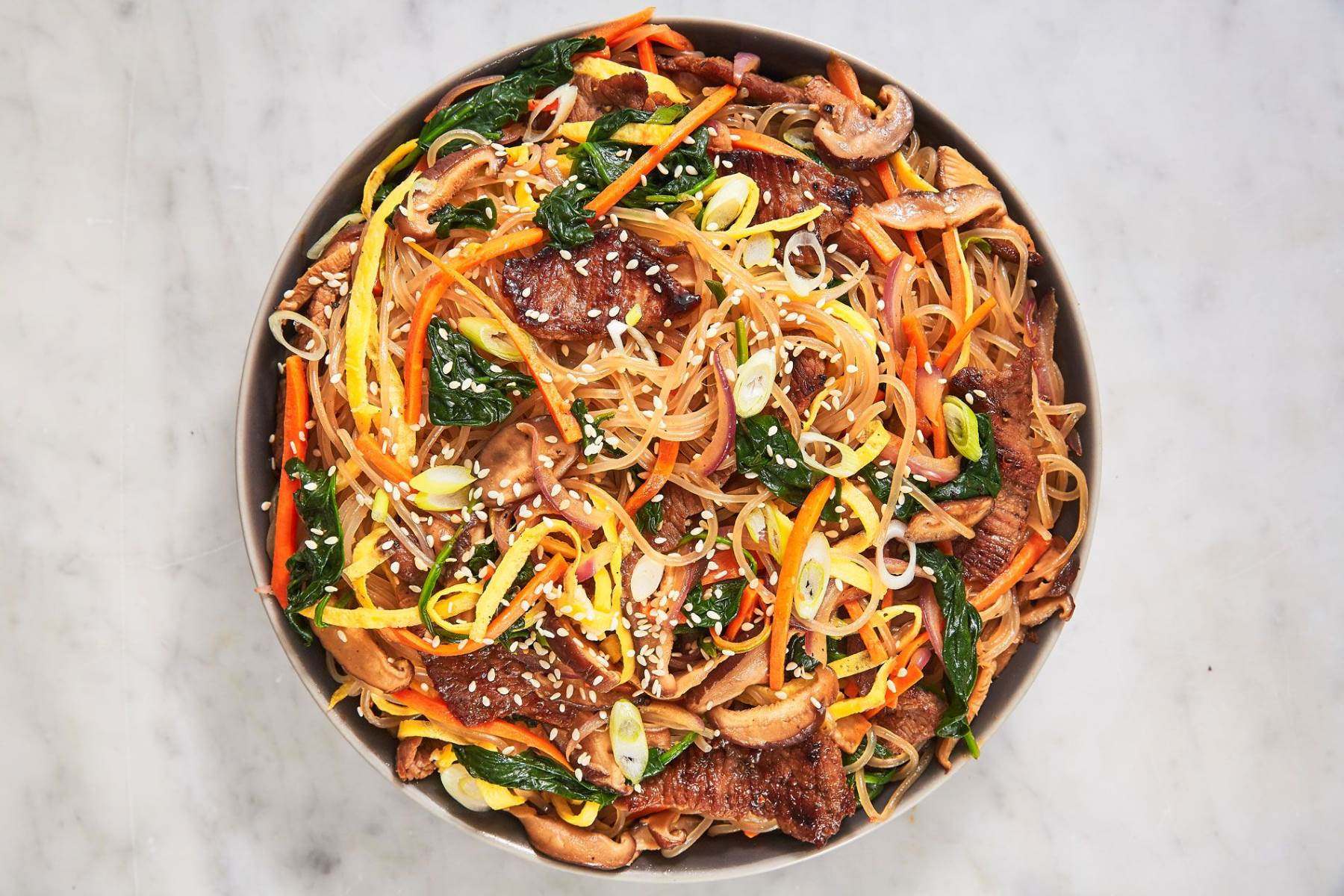
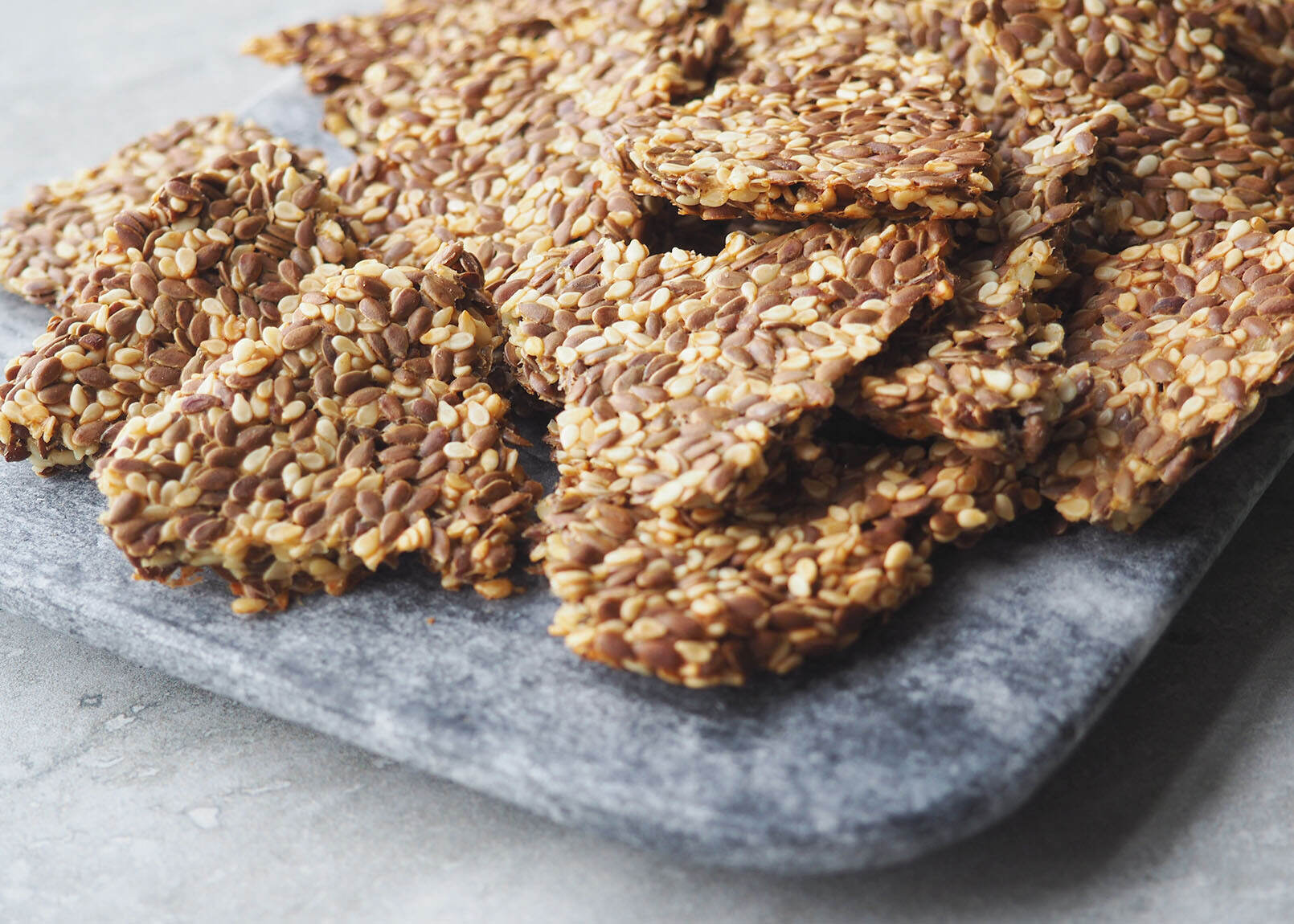
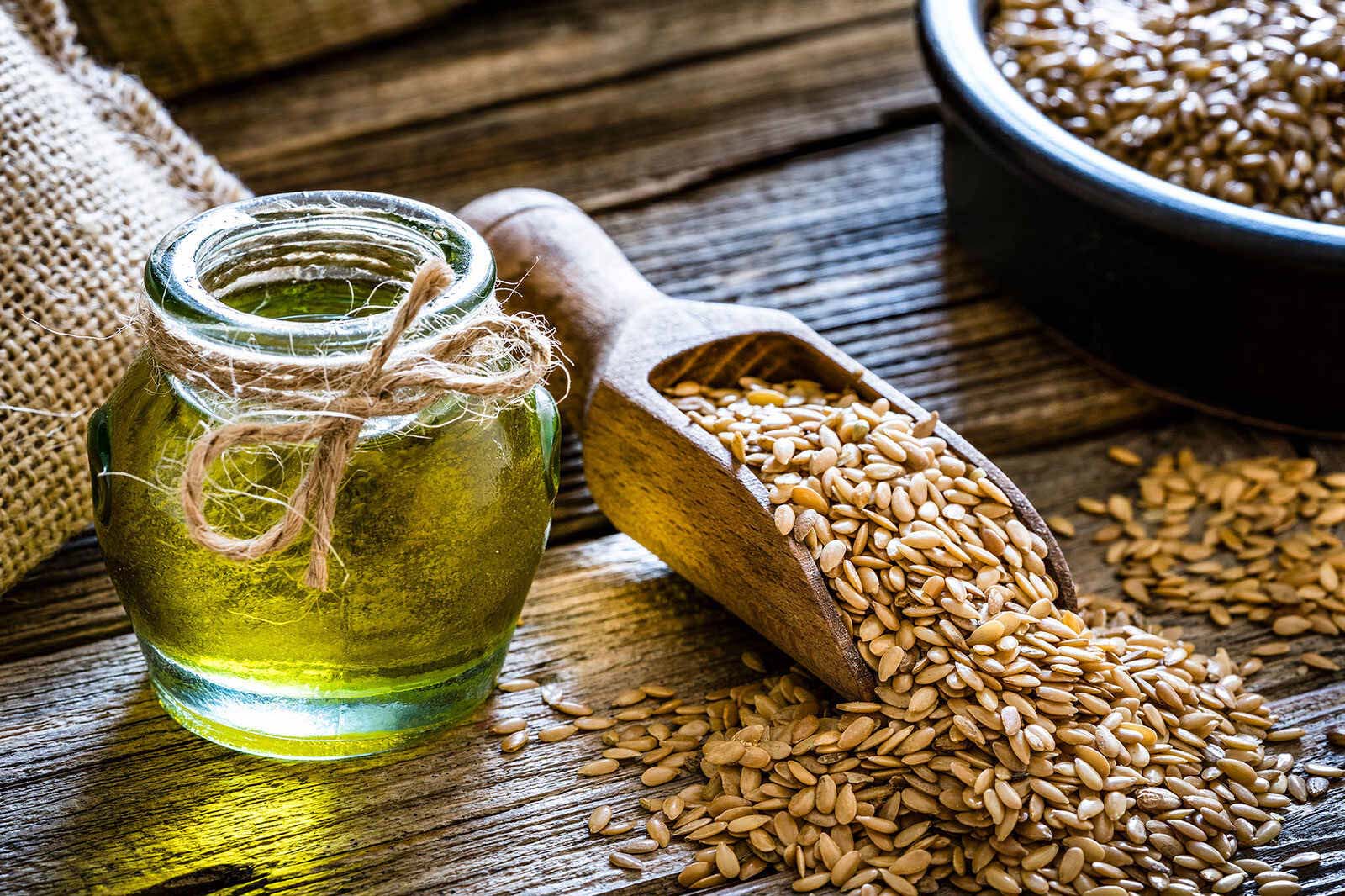
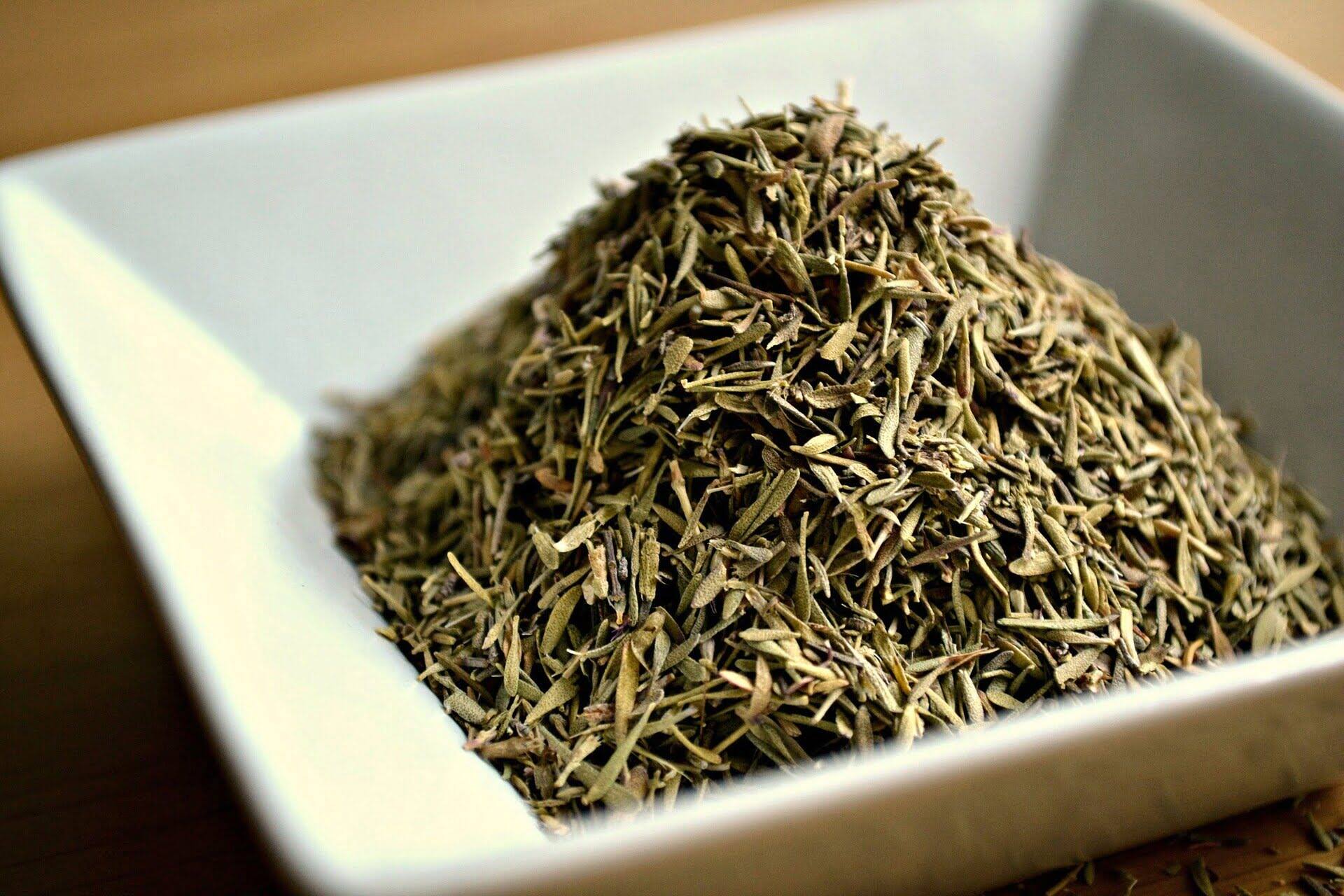


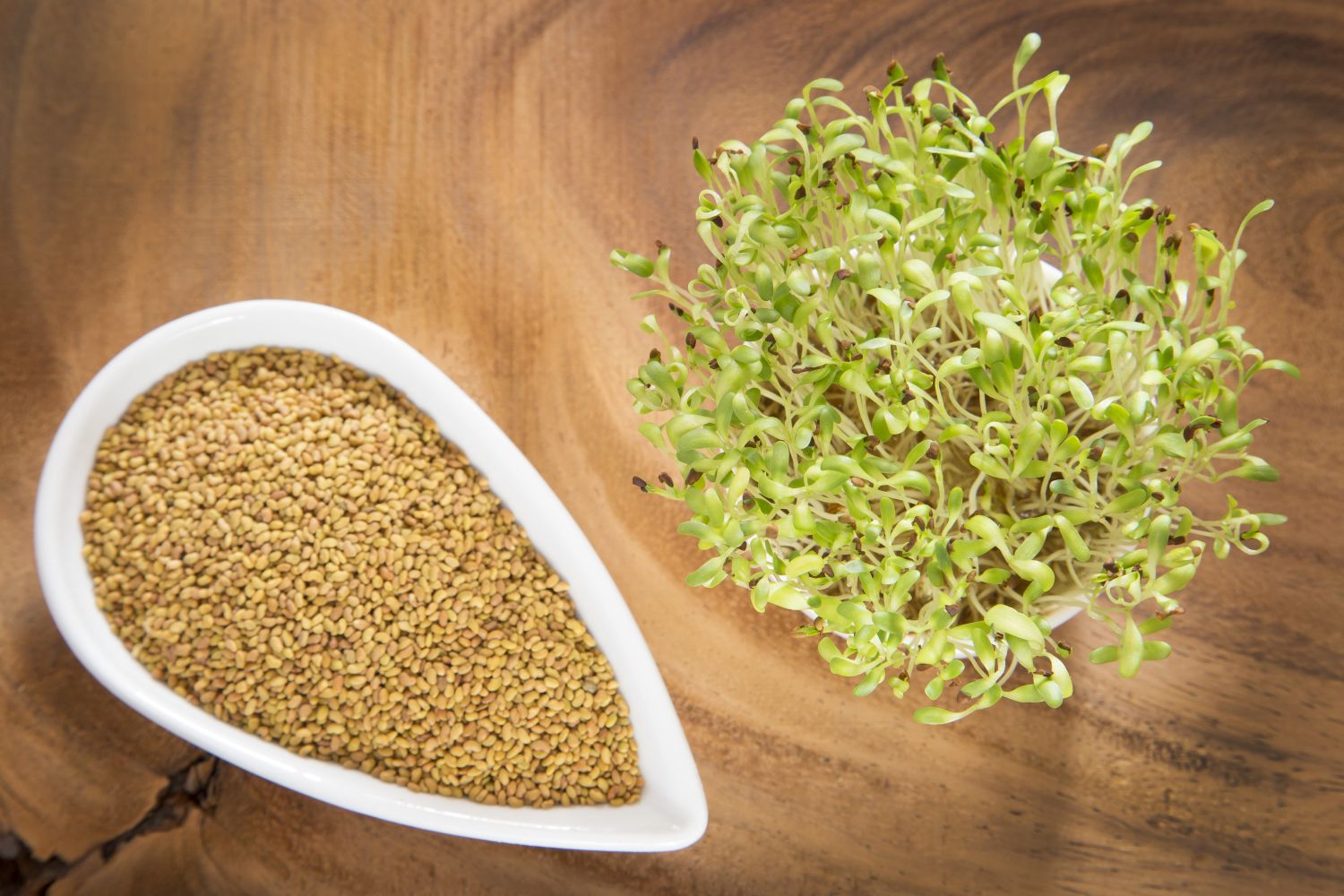
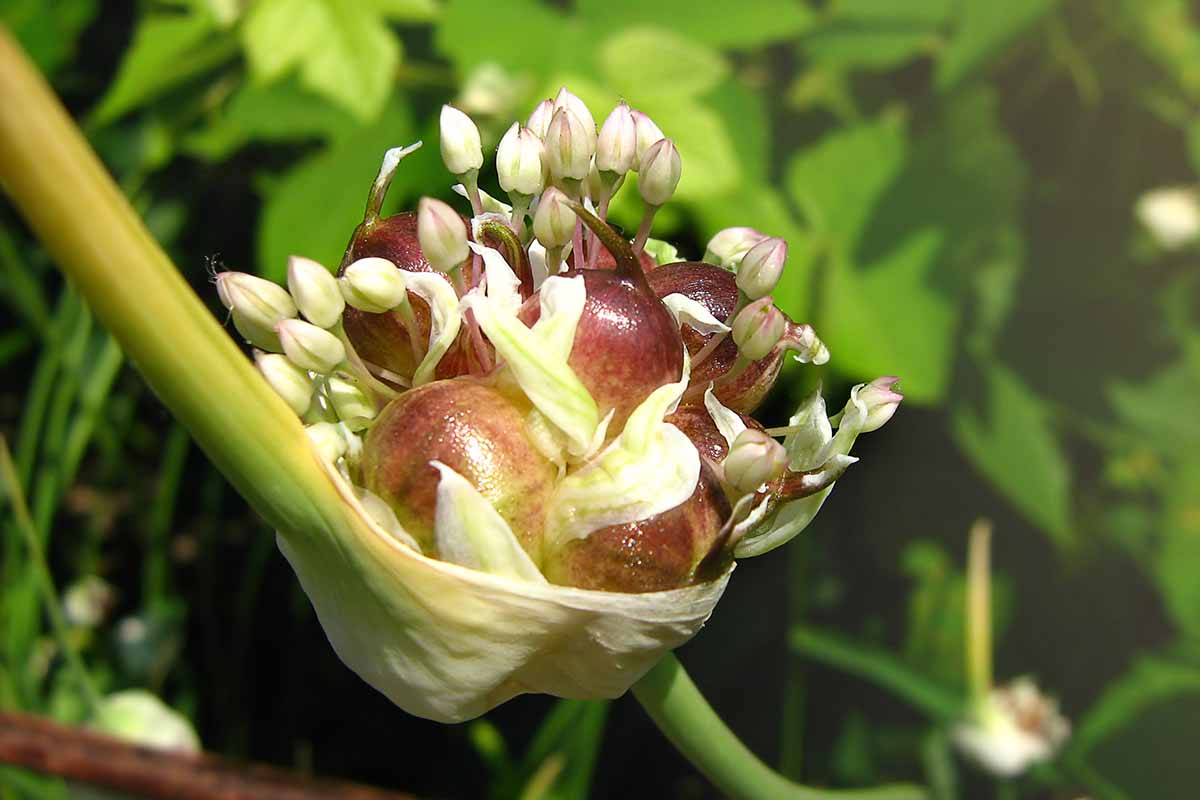
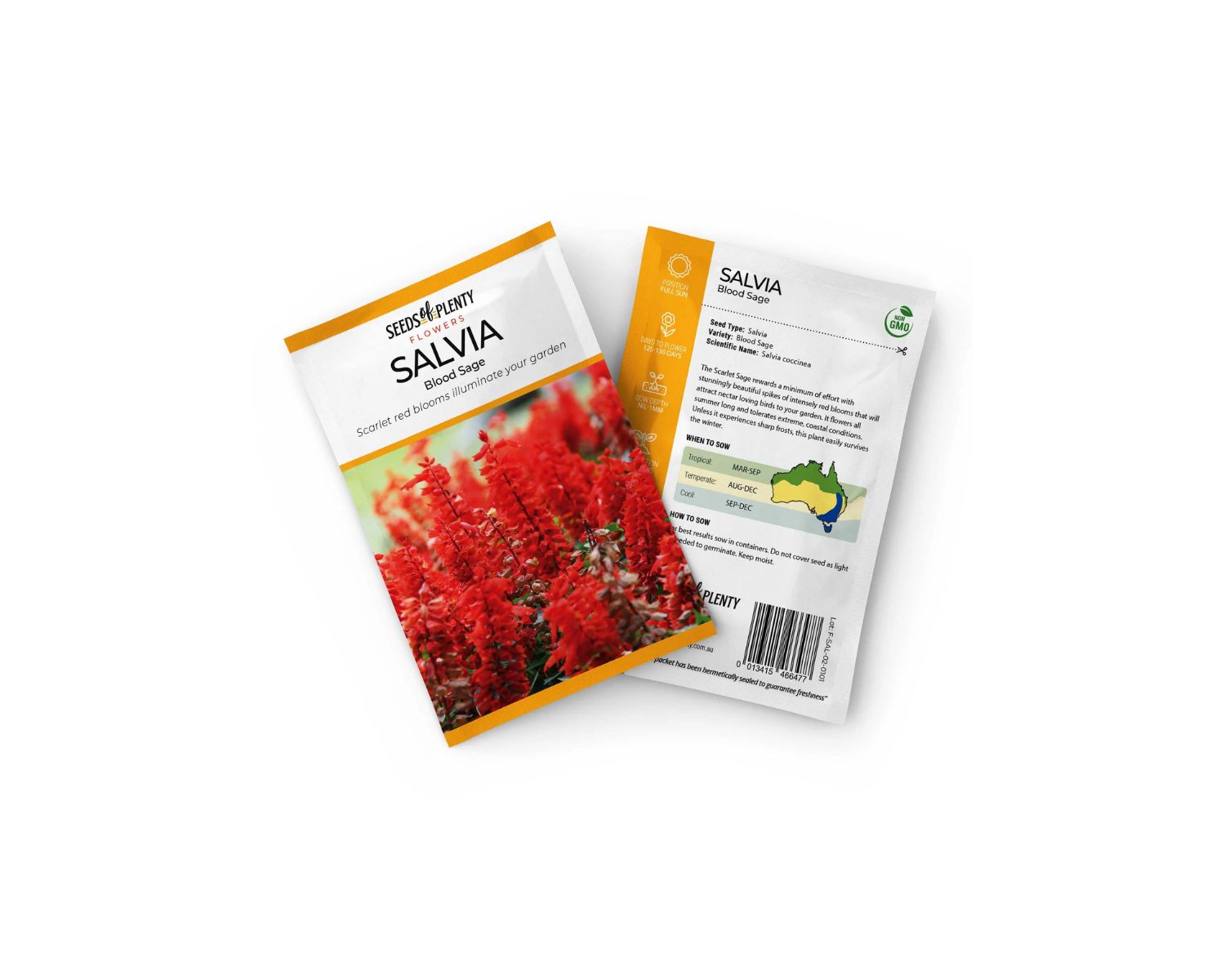

0 thoughts on “What Do Flax Seeds Taste Like”